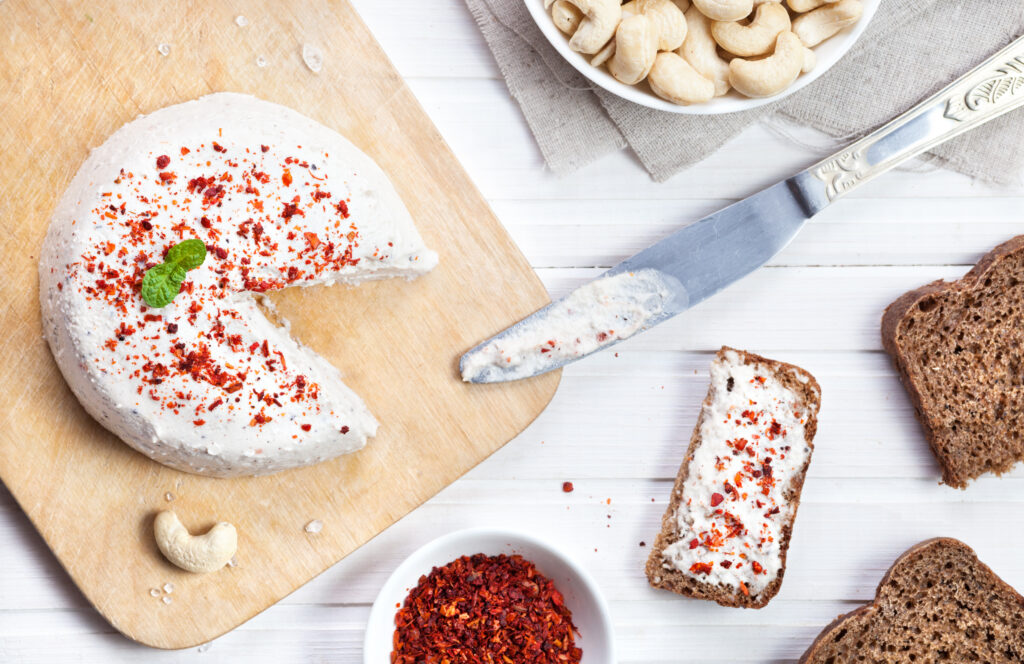Italy’s plant-based retail market grew by 7.6% in 2024, with cheese and meat leading the charge
Private labels fuel the growth, but taste remains key for consumers
Questo articolo è disponibile anche in italiano.
11 June 2025

Italy’s plant-based retail market continues its upward trend, growing by 7.6% last year, according to data from Circana analysed by nonprofit and think tank the Good Food Institute Europe. In 2024, sales of five key plant-based food categories – meat, milk, cheese, yoghurt, and cream – reached €639 million in Italian supermarkets and discount stores. This marks a 16.4% increase compared to 2022, and 7.6% increase compared to 2023.
The quantity of plant-based foods sold is also on the rise: unit sales grew by 10.0% in the past year and by 13.6% compared to 2022. Overall sales volume increased by 6.9% over the past two years.
Plant-based milk leads, cheese and meat alternatives see double-digit growth
Plant-based milk and drinks remain the most established and dominant category, accounting for 50.7% of total plant-based retail sales value in 2024. They now represent 8% of the overall milk market (including both dairy and plant-based), bolstered by the strong performance of competitively priced private-label products.
Plant-based meat also continues to perform well, making up 35.7% of the analysed plant-based segment. Between 2023 and 2024, this category saw a 14.7% increase in value and a 16.0% increase in volume.
However, the fastest-growing category is plant-based cheese, which remains a niche market, but is expanding rapidly. Sales value rose by 45% in the past year and has more than doubled (+100%) since 2022. This growth has been driven largely by relatively expensive branded products, indicating that quality and taste are increasingly influencing purchasing decisions.
Private labels expand rapidly, but taste is non-negotiable
Private-label plant-based products are gaining significant ground, with sales volume increasing by 17.4% from 2022 to 2024. In the plant-based milk and drinks category, private label products accounted for more than half of the market in 2024.
This trend reflects two key dynamics: the maturation of the plant-based sector, which encourages retailers to invest in their own lines, and the price advantage of private-label goods. However, lower prices alone are not enough for these sustainable foods to reach mainstream status – taste and texture remain decisive factors for consumers.
This is exemplified by the strong growth of branded plant-based cheeses, often priced at a premium. It confirms that perceived quality is a more important driver of sales than price among early adopters, who are likely to also be motivated by concerns such as animal welfare and sustainability.
Francesca Gallelli, Italy Policy Manager at GFI Europe, commented: “More and more Italians are choosing plant-based foods, driven by health, sustainability, and changing consumption priorities. To make this shift truly inclusive and long-lasting, the industry must invest in tastier, more nutritious products and close the price gap with animal-based foods.
“With targeted policies and supply chain efforts focused on local raw materials, the plant-based sector can become a powerful tool for building a more sustainable, resilient food system – one that strengthens Italy’s economy and food sovereignty.”
